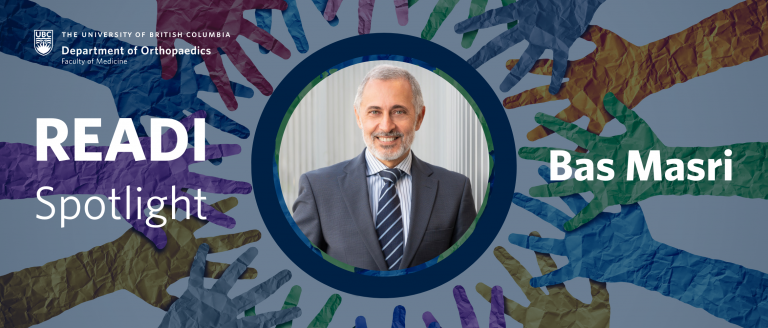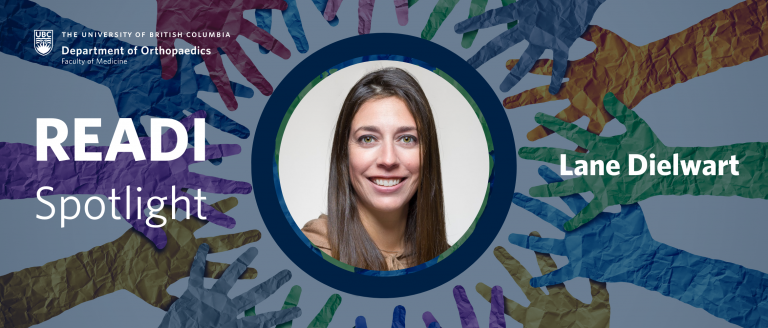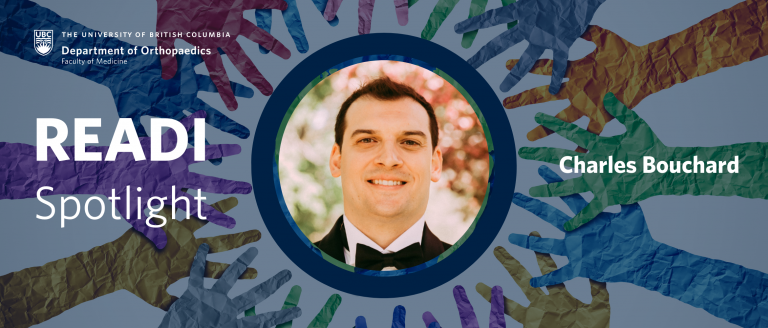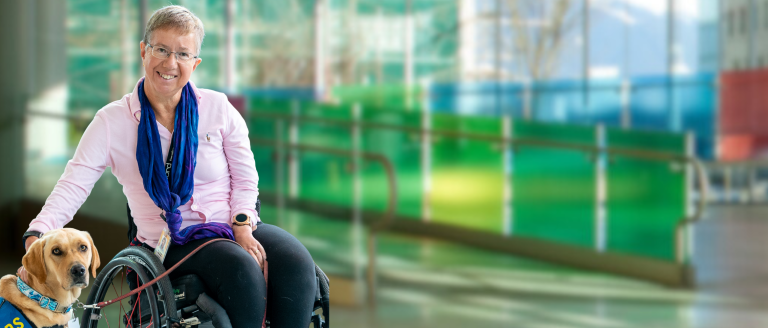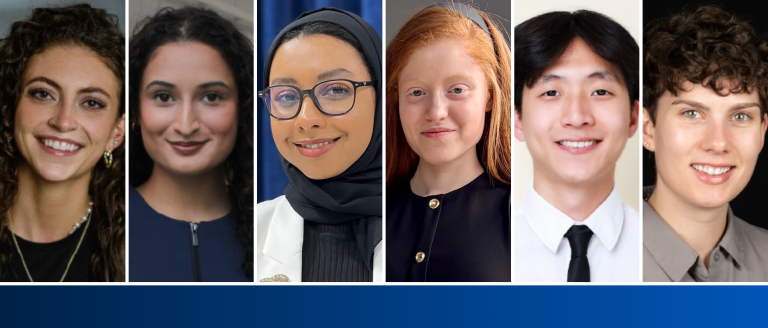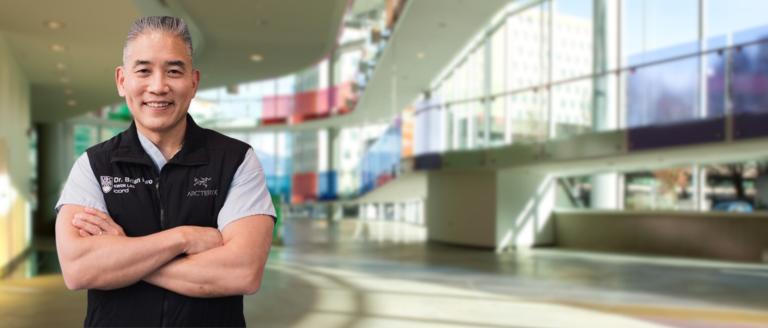By Olatioluwase (Ola) Olatona
For the month of July, each Monday we are featuring an interview with a UBC Department of Orthopaedics member about how equity, diversity, and inclusion (EDI) appears in their life.
In the first spotlight of our four-part introductory EDI Spotlight Series, we speak with Professor Emeritus Dr. Stephen Tredwell.
Watch for upcoming interviews in July with Clinical Fellow Judith Nassaazi, third-year Resident Taylor Crown, and Clinical Professor Shafique Pirani.
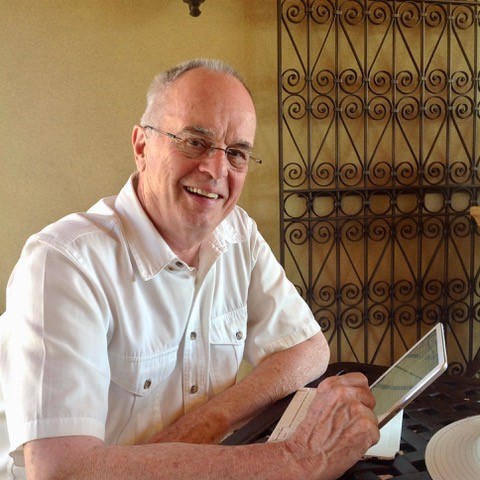
STEPHEN TREDWELL
PROFESSOR EMERITUS
Division:
Pediatrics
Site:
Vancouver
Why did you choose Orthopaedics?
While completing his medical training, Steve was given an internship opportunity, which led him to receive clinical experience in pediatric orthopaedics in Chicago and fall in love with his future life’s work. Steve started at BC Children’s Hospital in 1973 after stops in Hong Kong, Minneapolis, Boston, and Dupont. Over the years, Steve further deepened his interest in and involvement with children and adolescents with spinal deformity, developmental handicap and those impacted by accidents and other trauma; involvement and interaction that he enjoyed until his retirement in 2006.
What does EDI mean to you?
EDI is something that is emerging, developing, and continually growing. EDI wasn’t a term used during Steve’s practice. Regardless of the fact, the underlying philosophy was integral to his work; he stated that if something didn’t feel right or didn’t seem fair, he tended to avoid such situations—this ideal aligned itself with the emerging philosophy of EDI. Equity vs equality—the difference between the two explains a lot about how we function and act as humans. Diversity is important because it makes this world worthwhile whole and who wants to live in a world that isn’t worthwhile or a complete whole. Finally, inclusion is important because, without it, there is distorted evolution and poor or little growth. All areas within EDI are important together and apart.
What other role do you see yourself playing in improving EDI in orthopaedics?
Going forward, Steve hopes to reflect upon his time within the department. At 80 there is a lot to reflect on— reflection on the things that did work and those that did not. More emphasis on inclusivity moving forward; sharing based on the reflection of a career.
What excites you the most now about what you are currently doing?
Steve has always been excited about forming or being part of/discussing the formation of new human systems. He is currently a part of the UBC Emeritus College (which is the only college of emeriti in Canada). The purpose of this college is to give value to the identity of retired professors, allowing them to engage in various activities both within and outside of the academic world. The college was fully approved in 2018 with Steve being a significant part of the evolution of shaping a role for Emeriti at UBC. Today there are almost 1500 members in the UBC Emeritus College.
When you’re not working, where can we find you?
When he isn’t working, Steve can be found sitting at his desk, walking or in the kitchen. He absolutely adores his four grandchildren and very recently finished renovations on his home.
